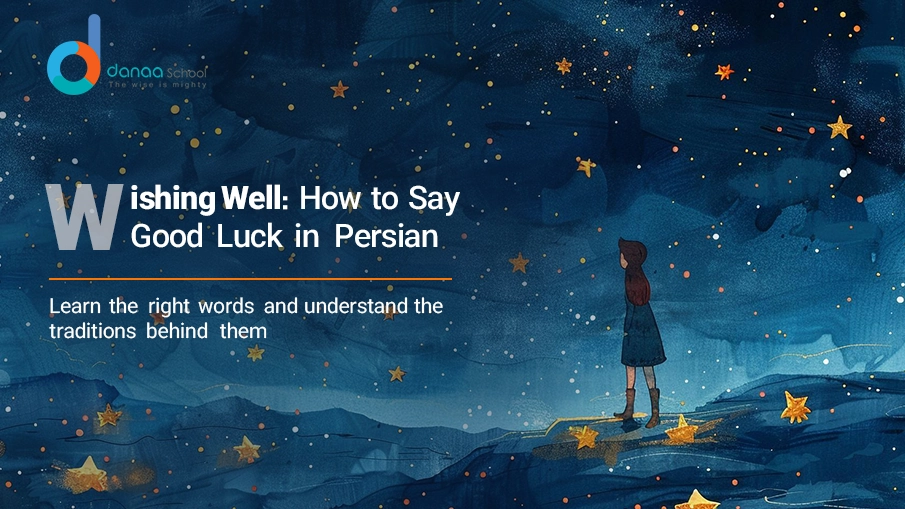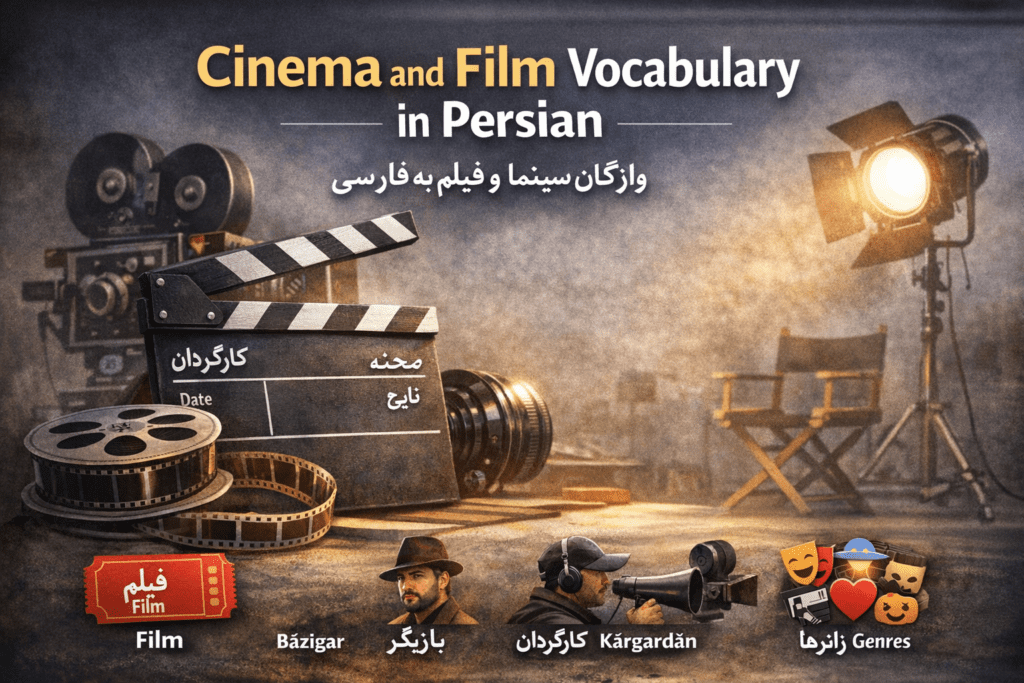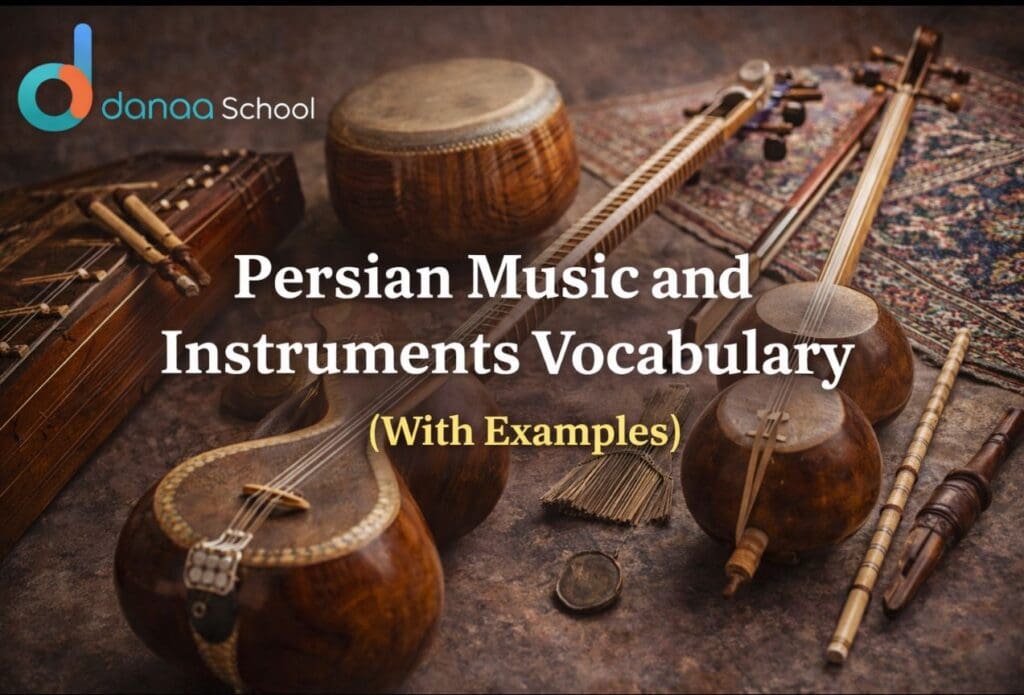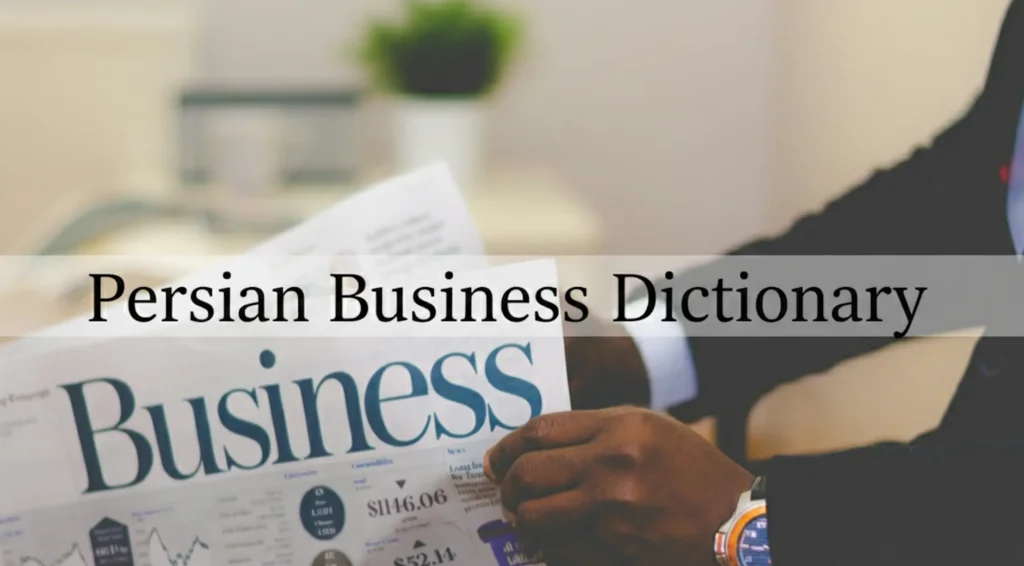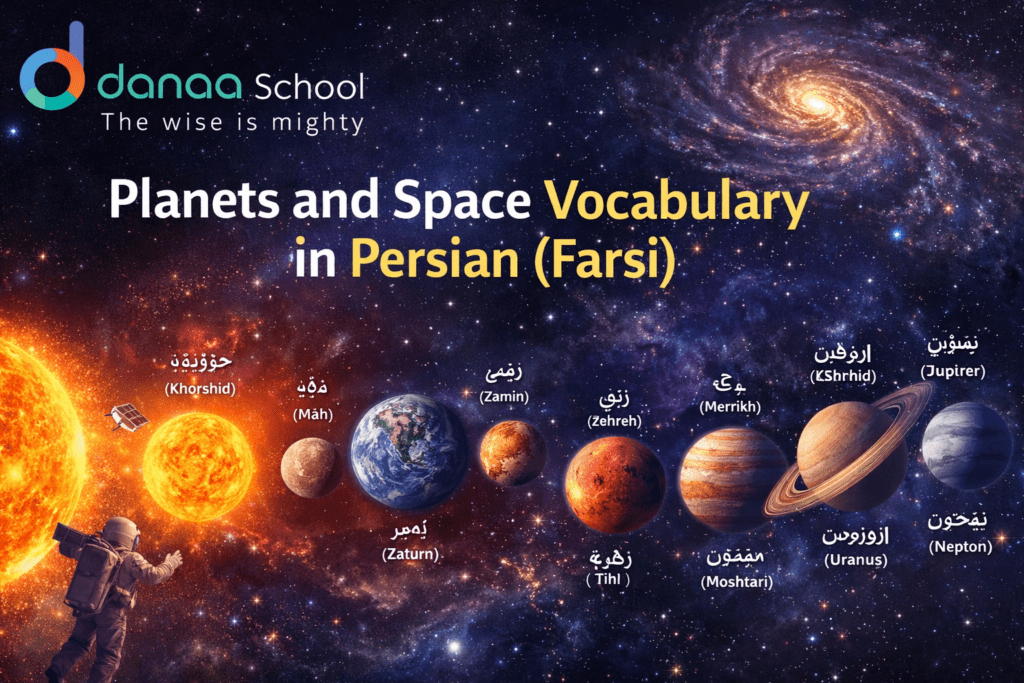Good Luck in Persian (Farsi): How to Say It Naturally
Good luck in Persian is more than a simple phrase. In Persian culture, wishing someone success is a way to show care, encouragement, and respect. Whether you are learning Farsi, traveling, or speaking with Persian friends, knowing the right expressions helps you sound natural and culturally aware.
In this guide, you will learn how to say good luck in Persian (Farsi), when to use each expression, and the cultural meaning behind these phrases.
Common Ways to Say Good Luck in Persian
There are several ways to say good luck in Persian. Some expressions are casual and used daily, while others are more formal or emotional.
The Most Common Way to Say Good Luck in Persian
The most common and widely used way to say good luck in Persian is:
موفق باشی — Movafagh bâshi — “Be successful.”
This phrase works for exams, job interviews, new jobs, travel, or any new beginning. It is suitable for both informal and semi-formal situations.
- Exam: موفق باشی تو امتحانت!
- New job: موفق باشی تو کار جدیدت!
Why Good Luck Wishes Matter in Persian Culture
In Persian culture, supportive language is essential. People often wish each other success during important moments such as Nowruz, exams, weddings, or business ventures. These expressions strengthen relationships and show goodwill.
Many Persians also connect success with blessings and positive intentions, which is why good luck phrases often carry emotional or spiritual meaning.
What Does “Movafagh Bâshi” Mean?
- موفق (movafagh) — successful
- باشی (bâshi) — “you be” (a wishing form)
Together, the phrase means “I hope you succeed,” making it warm, polite, and extremely practical.
Alternative Ways to Say Good Luck in Farsi
Formal Expressions
- به امید موفقیت — Be omid-e movafaghiat
- برات آرزوی موفقیت میکنم
Casual Expressions
- موفق باشی
- انشاءالله موفق میشی
- شانس بیاری
- دعات میکنم
Tip: If you are unsure, موفق باشی is always the safest choice.
About “Khoshbakhti” (خوشبختی)
Khoshbakhti means happiness or a fortunate life. It is usually used for long-term wishes, such as marriage or future well-being, rather than short-term luck.
- Wedding: خوشبخت بشی!
- Formal: برات خوشبختی آرزو میکنم
FAQs
What is the most common way to say good luck in Persian?
The most common phrase is موفق باشی (Movafagh bâshi).
Is khoshbakhti the same as good luck?
No. It means happiness or a fortunate life and is mainly used for long-term wishes.
Conclusion
Knowing how to say good luck in Persian helps you connect with people respectfully and naturally. In most situations, موفق باشی is the best and most widely accepted choice.



